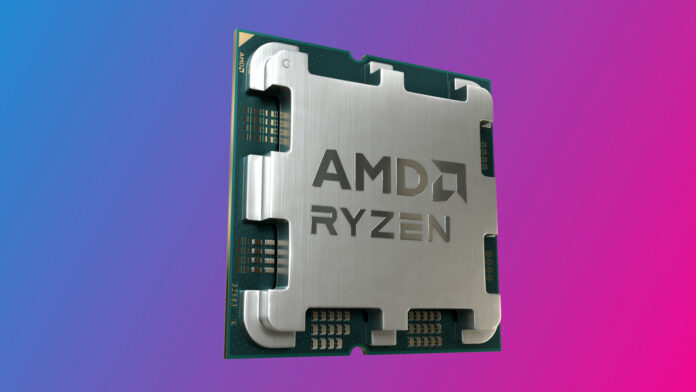The next few weeks will be massively important for AMD, with both its Ryzen 9000 and AI 300 series processors due to launch imminently. The company is still yet to provide an exact date we can expect the former, but it appears a select few already have CPU samples to hand. As such, we now have third-party benchmarks to compare against Team Red’s own performance claims for almost every Zen 5 desktop CPU announced thus far.
It’s safe to assume that Ryzen 9000 processors will rank among the best CPUs to date once they hit the streets. However, the gap between these chips and their predecessors remains to be thoroughly tested. AMD has painted a promising picture with its internal benchmarks, but we won’t know the whole story until reviewers put Zen 5 through its paces. Until then, though, these new Geekbench leaks will more than suffice.
Following shortly after our first glimpse of Ryzen 9 9900X performance, we now have Geekbench 6 results for two additional processors (via WCCFTech). Specifically, Ryzen 5 9600X and 7 9700X. The former boasts six cores and twelves threads, while the latter bumps things up to eight cores and sixteen threads. As such, we’ll discuss the results of each separately.
| Processor | Single-core score | Multi-core score |
|---|---|---|
| Ryzen 5 7600X | 2,868 | 12,825 |
| Ryzen 5 9600X | 3,284 | 14,594 |
| Ryzen 7 7700X | 2,912 | 15,272 |
| Ryzen 9 9700X | 3,312 | 16,431 |
Starting with the breadwinner, Ryzen 5 9600X, the chip musters a single-core score of 3,284 and a multi-core score of 14,594. Comparing these results to those of Ryzen 5 7600X on Geekbench, this gives Zen 5 a lead of 14% over Zen 4 in both tests.
It’s an eerily similar state of affairs when it comes to Ryzen 7 9700X. While its single-core score isn’t much higher, at 3,312, its multi-core score sees the processor take off, achieving a result of 16,431. Again, compared to Ryzen 7 7700X on Geekbench, this makes for a 14% uplift for single-core, but a much more timid 7% in multi-core.
These are decent uplifts, to be sure. However, they’re all the more impressive by the differences in TDP (65W vs. 105W). It’s unclear how much more performance either Zen 5 processor offers by throwing more watts at it, but we’re keen to find out. Still, if you’re power-conscious, the baseline presented here is promising.
As ever, take these preliminary results with a grain of salt. These are just singular results, after all, and any enthusiast worth their word will tell you that they don’t mean squat unless they’re replicable. So, stay tuned for our reviews of the new Ryzen processors in due course.
In the meantime, check out our Ryzen 9 7950X review, to reacquaint yourself with the current king of Socket AM5 motherboards.


